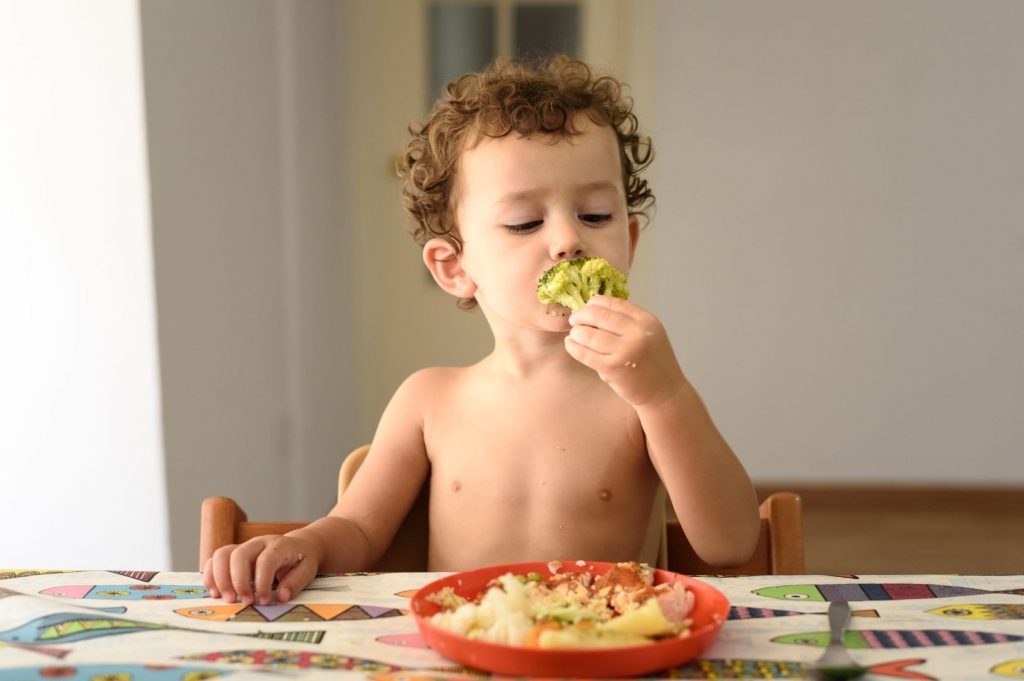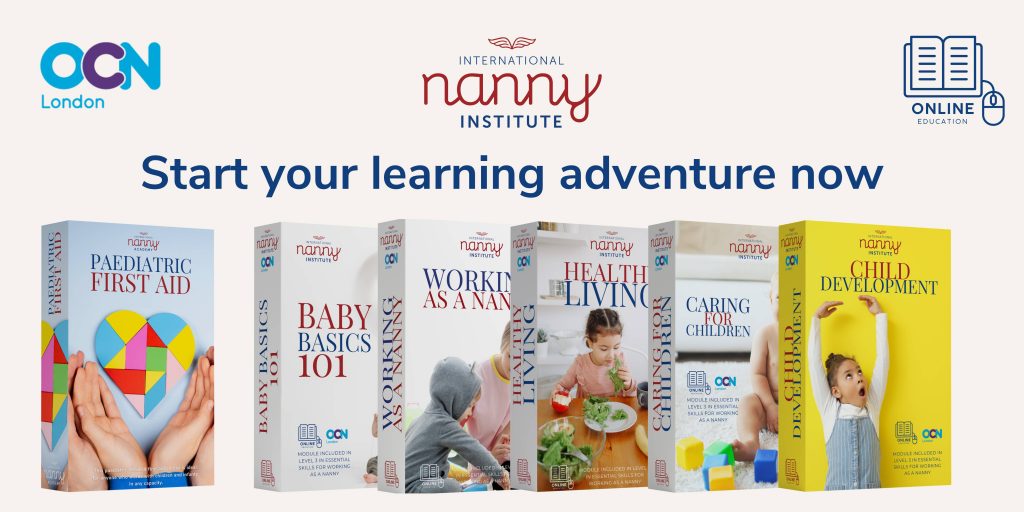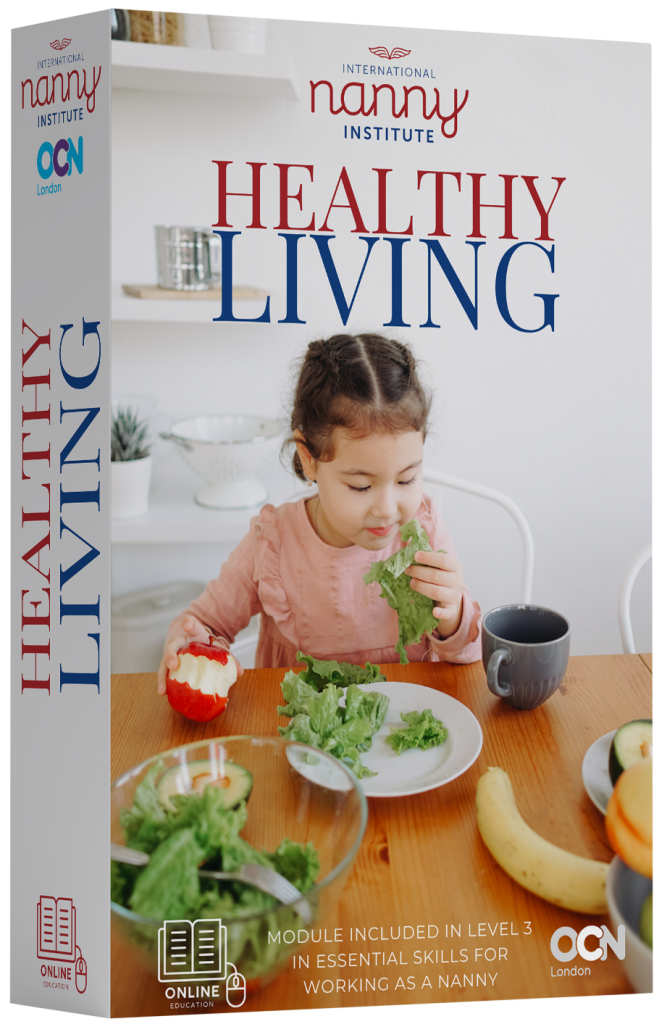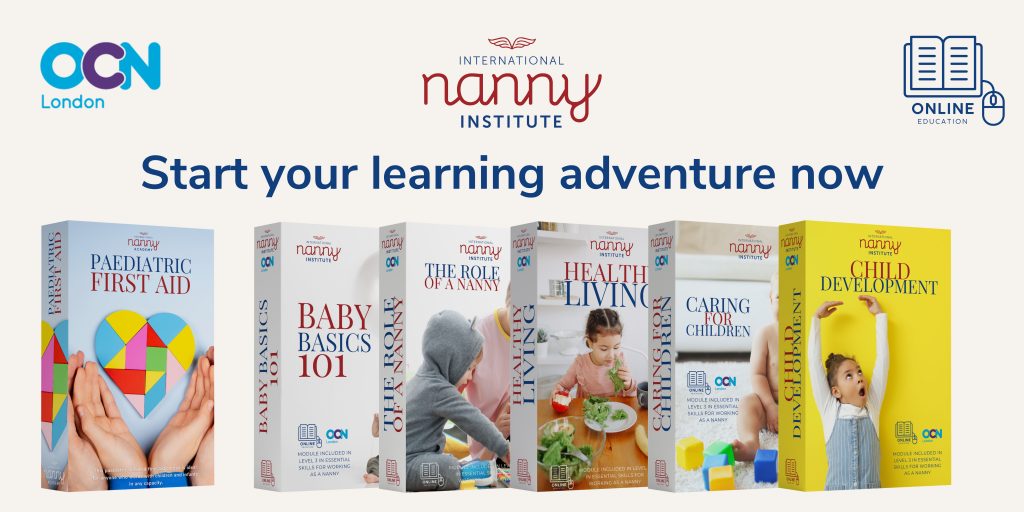Both nannies and parents want children to be happy and healthy. Most of us understand that nutrition and what we eat plays a crucial role in this.
However, feeding a family can be a difficult undertaking. Many parents are battling with time pressures, the rising cost of living and their own energy levels.
Employing a nanny can be a wonderful support in ensuring that healthy meals are put on the table every week. Sometimes though, lack of inspiration, picky eating or having allergies to deal with mean that it can be challenging to plan weekly menus.
It might be that making the grocery list, doing the grocery shopping or planning the menu is part of your role as a nanny or parents may ask for your input, ideas or support. Here we take a look at what should feature on a family’s weekly grocery list.

What is healthy eating?
The definition of ‘healthy eating’ is continually evolving in response to new research, as is what is considered to be a healthy diet or healthy eating.
One definition suggests that healthy eating is simply “eating a wide variety of foods in the right proportions, and consuming the right amount of food and drink to achieve and maintain a healthy body weight” but we should also consider that “healthy eating” is about more than just what we eat because how we eat is important too.
Humans naturally have a close relationship with food, not only is it our source of nutrition and therefore vital to life, but it is also part of most societies’ cultural identity and rituals.
Having a good relationship with food is to do with how and why you choose the foods you eat much more than what those foods are.
If you feel any type of shame, guilt, stress, or fear regarding the foods you eat, you may have an unhealthy relationship with food.
As nannies, it is often part of our job to help children to develop a healthy relationship with food.
What is healthy eating for children?

When we think about healthy eating it’s important to remember that nutritional needs will vary from person to person, and babies, toddlers and children have different nutritional needs to adults.
There are some similarities between the nutritional needs of adults and children as all humans need vitamins, minerals, proteins, carbohydrates and fat. However, these are needed in different amounts depending on age.
Younger children require fewer calories overall. For example, a 1-year-old child should consume about 900 calories per day, but a 14- to 18-year-old needs 1,800 to 2,200 calories, depending on activity level and gender.
Children need to get these calories from a variety of foods too; a child aged 2 to 3 years should get 30 to 35 percent of his calories from fat but by the time we reach adulthood we should only get 5 to 6 percent of our calories from fat.
What are the benefits of healthy eating?

The WHO states that “Unhealthy diet and lack of physical activity are leading global risks to health” Whilst “a healthy diet helps to protect against malnutrition in all its forms, as well as non-communicable diseases (NCDs), including diabetes, heart disease, stroke and cancer.”
Basically, healthy eating is important because it helps to maintain good physical health, which prevents costs to health services.
Eating a healthy, balanced diet and staying active can also help us to maintain a healthy weight, which in turn helps to prevent health issues!
Deficiencies in some key nutrients can weaken parts of the immune system, making it much easier for us to get ill, so healthy eating helps us to get all the nutrients we need for the immune system to function normally.
Healthy eating helps humans to feel physically and mentally well, and to perform well at school, work and contribute to our communities.
For young children, all of these are benefits in the long term, but in the short term too healthy eating can help small children to grow. Since the early years of childhood are a period of rapid growth this is especially important.
Meal planning

Meal planning can help to save time, money and disagreements about what to have for dinner, and it is a task that nannies are often assigned and it doesn’t need to be boring, strict or limiting.
Some families really struggle to cook from scratch every night because modern life is extremely busy with after-school activities and homework to complete too, so sometimes we do need shortcuts.
However, we can help to balance those nights where we need to cook a quick, but less nutritious meal with cooking a bigger batch on the days we do cook from scratch and saving a portion to put in the freezer.
This way, when families have a busy night, they can simply pull a healthy meal out of the freezer.
Ingredients to include in a healthy grocery list for families
If you are asked to put together a healthy grocery list for the family you are working for, you should be sure to include foods from the following categories:

Fruits and vegetables
Try to include a portion of veggies or salad as part of the main meals. Fruit can be used as a good alternative to dessert too. Nannies can encourage children to choose fruit or vegetables as a snack by having them prepared and ready to dish out quickly, for example, cucumber and carrot sticks, sliced peppers or prepared mango.
Dairy
Children need to get a bigger proportion of their energy from fats than adults and dairy is a good way for them to achieve this.
Under the age of 2 or 3 children should drink full-fat milk, but semi-skimmed or skimmed are okay once they are older and growing well.
Cheeses and yoghurts are another good way to get more fat into children’s diets along with plenty of calcium, which contributes to strong bones and teeth.
If the children you are caring for don’t tolerate dairy well or their parents choose not to give it, this is not normally a problem, but nannies should seek some advice on how to best ensure that dairy alternatives meet children’s needs.
Carbohydrates
Most western countries suggest basing meals around carbohydrate foods which give us energy, so you should ensure that you keep a stock of rice, pasta or potatoes as the base for meals.
Meat, fish or other protein
Protein foods like meat and fish are important for building muscle, try and choose lower fat cuts where possible as these will be better for the whole family. If the family you work for are vegetarian or vegan you can choose alternative protein sources like pulses, beans or soya and seek out some tasty recipes for these.
Pin Summary
When seeking work as a nanny, being able to provide a healthy, balanced set of meals and snacks is a very desirable skill and many families will include being able to cook nutritional meals as essential criteria for applying to their role.
If you need to learn more about nutrition, healthy eating and a balanced diet, our Healthy Living course can help you with this and ensure that you are a more attractive applicant when applying for new nanny roles.
Sign up today to improve your skills and your confidence in supporting healthy lifestyles for children and their families.














